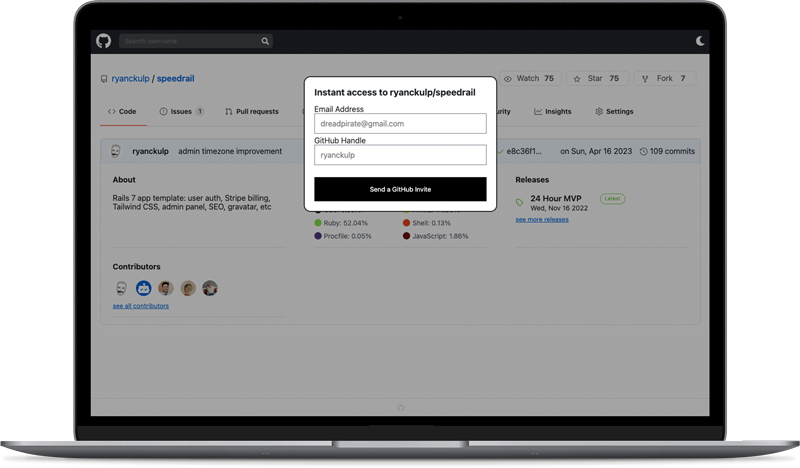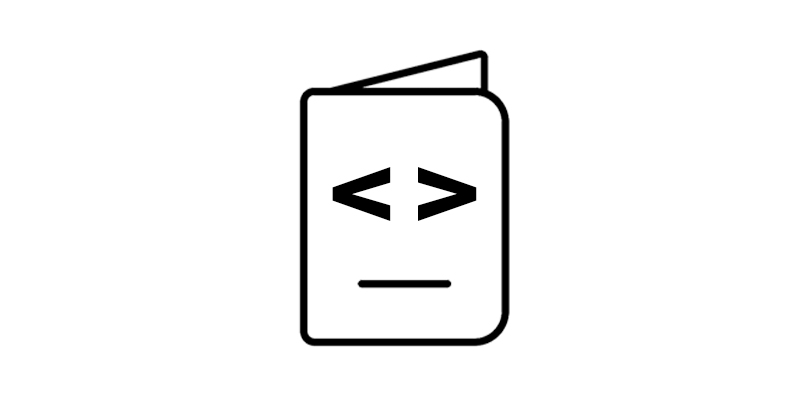a few months ago i began a new hobby: ethical hacking. it sounds fancy, but in practice you simply report a security vulnerability, then hope for a reward.
what drew me to the field of security research was one question: “how can developers earn reliable income from doing good?“
even some of the top hackers i spoke with didn’t know. so i set out to find a New Way.
finding a zero day
after finding a security issue at Bubble (proof) i combined my marketing chops with vulnerability reporting, scanning and emailing 100s of Bubble website owners that their user data was exposed.
this email pitched both private 1:1 consulting and my Bubble Security eBook, collectively generating a few thousand bucks. i then stopped sending emails, despite 1000s of Bubble sites still being insecure.
at this point, i felt i had validated that there is indeed a New Way to earn income from honest tinkering.
switching gears to Open Source
a much bigger swimming pool than security research is OSS generally. even the biggest companies in the world rely on (sometimes) tiny dependencies that do a specifc job very, very well.
as dependencies go, this is all right and good.
but then there’s everything else. the open source forum platforms, chat widgets, blog CMS suites, and so on. there are engineers who spend hours rewriting poor technical documentation, putting improved versions inside Gists and calling them “cheatsheets.”
it is all of this code that, similar to ethical hacking, i think is ripe for a New Way.
introducing Git Paywall
for developers interested in earning more than “stars” on their useful source code, today i’m sharing a solution to help you use this work to grow your newsletter or your bank account.

it’s called Git Paywall, and you can try it right now.
how it works
- connect a GitHub repo
- share your paywall link
- profit
when someone visits your paywall they’ll be asked for an email, git handle, and (optionally) to make a payment. based on your preferences inside the app they will then be sent push or pull access, as well as a collaborator invitation to your GitHub repository.
credit where it’s due
this idea occurred to me while on a walk last week. immediately i searched for an existing solution, finding the now-defunct Git Royalty launched in 2019. after reading archived documentation its clear that Git Royalty worked very differently than Git Paywall, but it’s worth a mention.
for the GitHub-inspired paywall landing pages, i used Leonardo Cruz’s github-ui-clone.
also during my research i found Jamie Barton’s Repo Paywall, a standalone version he created for his own pay-to-play repositories. i’m not sure if this is actively maintained.
feedback welcome
i understand not every engineer will be thrilled with this solution. i’ve thus outlined both the recommended and discouraged use cases here: https://gitpaywall.com/use-cases
the product is also an MVP. i built this over the weekend and evidently my idea of a “slick frontend” is the UI monospace font with Easter egg colors. forgive me.
a few upcoming features i’d like to build, if they would be helpful:
- incoming webhooks for e.g. programming course creators to trigger repo invites for new students
- analytics on a per-paywall basis (pageviews, % conversion rate)
- custom fields on the paywall landers (repo description, etc)
thanks for reading,
Ryan Kulp
[email protected]
